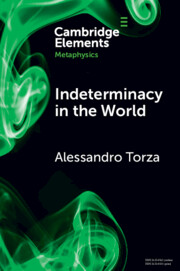1 results

Indeterminacy in the World
-
- Published online:
- 03 May 2023
- Print publication:
- 01 June 2023
-
- Element
- Export citation

